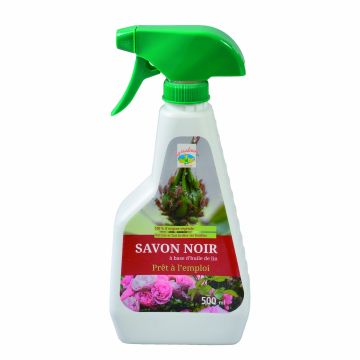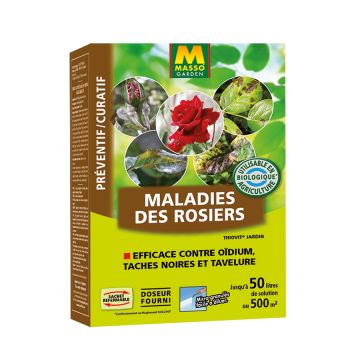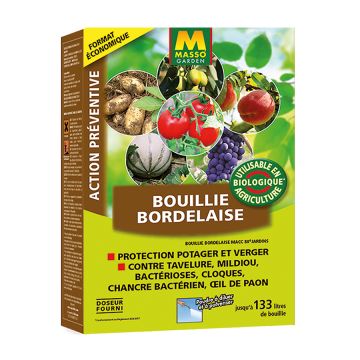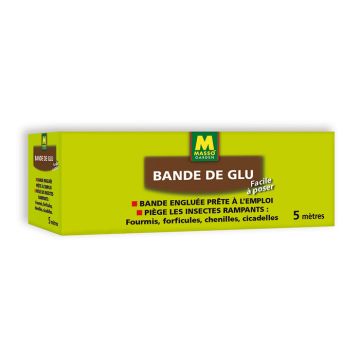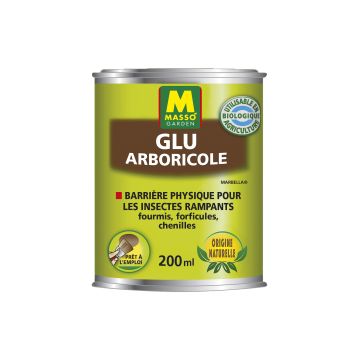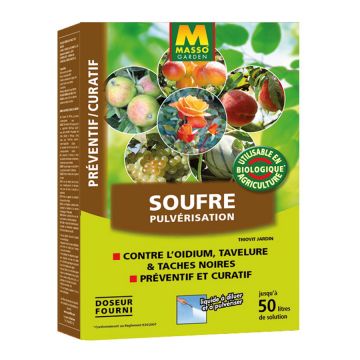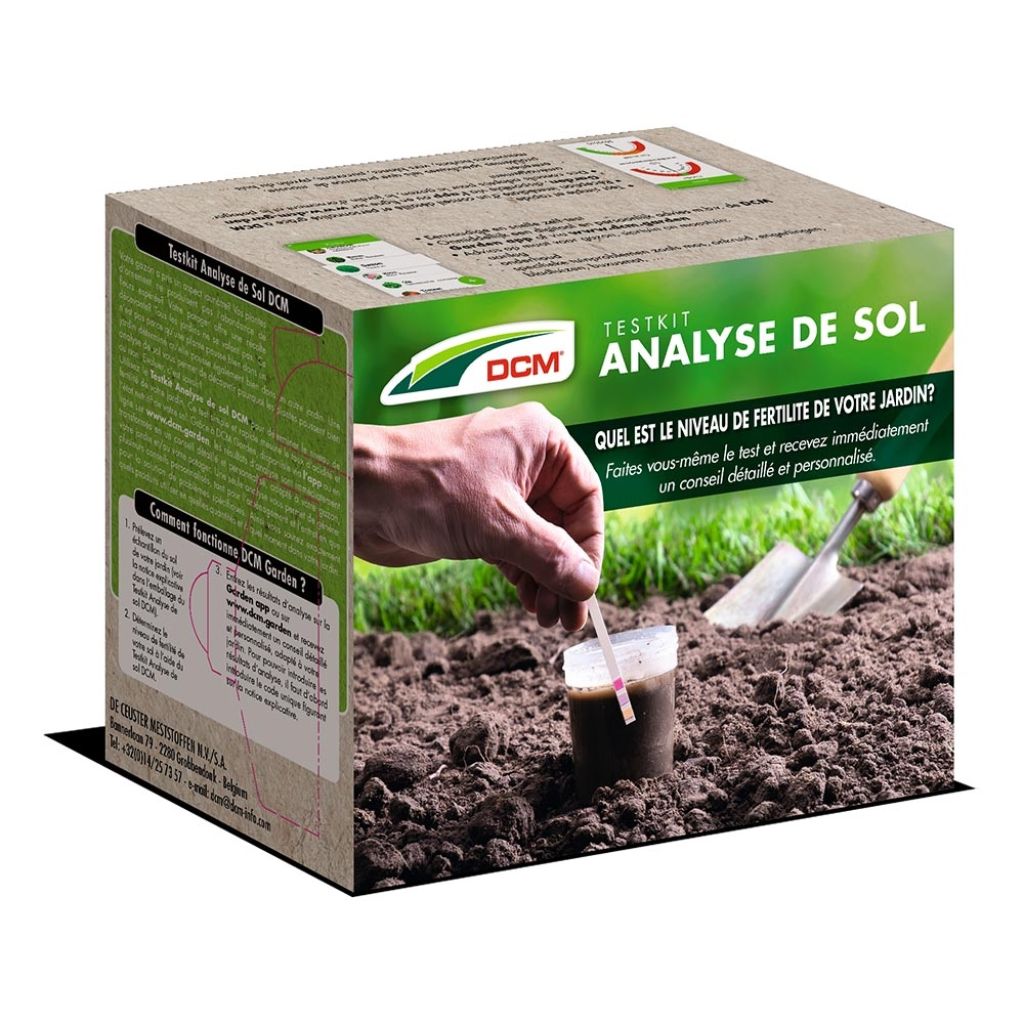

Soil analysis DCM
Soil analysis DCM
This soil analysis kit is almost a scam: instead of the promised "personalised advice," all I received was an extremely brief result accompanied by the most basic of "advice." Very, very disappointing. I regret my purchase.
Marianne, 19/09/2022
Special offer!
Receive a €20 voucher for any order over €90 (excluding delivery costs, credit notes, and plastic-free options)!
1- Add your favorite plants to your cart.
2- Once you have reached €90, confirm your order (you can even choose the delivery date!).
3- As soon as your order is shipped, you will receive an email containing your voucher code, valid for 3 months (90 days).
Your voucher is unique and can only be used once, for any order with a minimum value of €20, excluding delivery costs.
Can be combined with other current offers, non-divisible and non-refundable.
We guarantee the quality of our plants for a full growing cycle, and will replace at our expense any plant that fails to recover under normal climatic and planting conditions.

This Teskit DCM Soil Analysis allows for an easy and quick test to determine the acidity and nutrient status of the soil before planting, in order to improve it if necessary. Thanks to the DCM Garden app, the obtained results are immediately transformed into personalized advice, tailored to your lawn, garden, and/or vegetable patch. For landscaping and maintenance, as well as for solving specific problems. One measurement for multiple pieces of advice.
When setting up a new ornamental garden or vegetable patch, or before planting a lawn, it is interesting to be able to assess the soil structure, acidity or, conversely, alkalinity of the soil, its physical structure, as well as its richness in different essential nutrients for plant development. In case of observed imbalance, it is always possible to intervene to correct deficiencies and improve the soil using amendments. It is therefore recommended to perform a soil analysis before planting. This will inform you about some important parameters: major nutrients (nitrogen, phosphorus, and potassium content), trace elements (iron, copper, boron, zinc), pH (acidic or basic), and organic matter content. These data will allow you to provide accurate advice to optimize the success of your plantations. Knowing your soil well also allows you to sensibly give up on growing a plant that would be doomed to fail in the conditions offered by your garden, for example, installing acidophilous species in limestone soils.
Soil analysis can be carried out throughout the year, except during the freezing period. It is advisable to perform a test once a year. Generally, sandy soils need to be checked more frequently than clay soils, because their pH (acidity, neutrality, alkalinity) and nutrient content change more rapidly.
The kit contains:
- 1 plastic cup with lid
- 1 silver sachet
- 1 filter paper
- 1 filter paper containing a strip
- 1 reference card with a color scale to interpret the colors that appear on the strips you used for your soil sample.
- 1 complete manual with step-by-step instructions.
Instructions for use:
1/ Take at least 3 soil samples at a depth of 10 cm (4in), well distributed throughout the entire garden or in a specific area that you want to analyze, for example, between already established plants or at the precise location where you plan to plant.
2/ Place the samples, for example, in a bucket and mix well.
3/ Take a portion of this mixture and transfer it to the plastic cup for analysis.
The DCM GARDEN app or website is free. It allows you to enter the analysis results for your garden. Beforehand, enter the unique code found on the explanatory manual. Then enter the 2 obtained values (number + letter) and immediately receive detailed and personalized advice.
Tips
Detailed features
Other Traditional remedies
View all →-
, onOrder confirmed
Reply from on Promesse de fleurs
Haven't found what you were looking for?
Hardiness is the lowest winter temperature a plant can endure without suffering serious damage or even dying. However, hardiness is affected by location (a sheltered area, such as a patio), protection (winter cover) and soil type (hardiness is improved by well-drained soil).

Photo Sharing Terms & Conditions
In order to encourage gardeners to interact and share their experiences, Promesse de fleurs offers various media enabling content to be uploaded onto its Site - in particular via the ‘Photo sharing’ module.
The User agrees to refrain from:
- Posting any content that is illegal, prejudicial, insulting, racist, inciteful to hatred, revisionist, contrary to public decency, that infringes on privacy or on the privacy rights of third parties, in particular the publicity rights of persons and goods, intellectual property rights, or the right to privacy.
- Submitting content on behalf of a third party;
- Impersonate the identity of a third party and/or publish any personal information about a third party;
In general, the User undertakes to refrain from any unethical behaviour.
All Content (in particular text, comments, files, images, photos, videos, creative works, etc.), which may be subject to property or intellectual property rights, image or other private rights, shall remain the property of the User, subject to the limited rights granted by the terms of the licence granted by Promesse de fleurs as stated below. Users are at liberty to publish or not to publish such Content on the Site, notably via the ‘Photo Sharing’ facility, and accept that this Content shall be made public and freely accessible, notably on the Internet.
Users further acknowledge, undertake to have ,and guarantee that they hold all necessary rights and permissions to publish such material on the Site, in particular with regard to the legislation in force pertaining to any privacy, property, intellectual property, image, or contractual rights, or rights of any other nature. By publishing such Content on the Site, Users acknowledge accepting full liability as publishers of the Content within the meaning of the law, and grant Promesse de fleurs, free of charge, an inclusive, worldwide licence for the said Content for the entire duration of its publication, including all reproduction, representation, up/downloading, displaying, performing, transmission, and storage rights.
Users also grant permission for their name to be linked to the Content and accept that this link may not always be made available.
By engaging in posting material, Users consent to their Content becoming automatically accessible on the Internet, in particular on other sites and/or blogs and/or web pages of the Promesse de fleurs site, including in particular social pages and the Promesse de fleurs catalogue.
Users may secure the removal of entrusted content free of charge by issuing a simple request via our contact form.
The flowering period indicated on our website applies to countries and regions located in USDA zone 8 (France, the United Kingdom, Ireland, the Netherlands, etc.)
It will vary according to where you live:
- In zones 9 to 10 (Italy, Spain, Greece, etc.), flowering will occur about 2 to 4 weeks earlier.
- In zones 6 to 7 (Germany, Poland, Slovenia, and lower mountainous regions), flowering will be delayed by 2 to 3 weeks.
- In zone 5 (Central Europe, Scandinavia), blooming will be delayed by 3 to 5 weeks.
In temperate climates, pruning of spring-flowering shrubs (forsythia, spireas, etc.) should be done just after flowering.
Pruning of summer-flowering shrubs (Indian Lilac, Perovskia, etc.) can be done in winter or spring.
In cold regions as well as with frost-sensitive plants, avoid pruning too early when severe frosts may still occur.
The planting period indicated on our website applies to countries and regions located in USDA zone 8 (France, United Kingdom, Ireland, Netherlands).
It will vary according to where you live:
- In Mediterranean zones (Marseille, Madrid, Milan, etc.), autumn and winter are the best planting periods.
- In continental zones (Strasbourg, Munich, Vienna, etc.), delay planting by 2 to 3 weeks in spring and bring it forward by 2 to 4 weeks in autumn.
- In mountainous regions (the Alps, Pyrenees, Carpathians, etc.), it is best to plant in late spring (May-June) or late summer (August-September).
The harvesting period indicated on our website applies to countries and regions in USDA zone 8 (France, England, Ireland, the Netherlands).
In colder areas (Scandinavia, Poland, Austria...) fruit and vegetable harvests are likely to be delayed by 3-4 weeks.
In warmer areas (Italy, Spain, Greece, etc.), harvesting will probably take place earlier, depending on weather conditions.
The sowing periods indicated on our website apply to countries and regions within USDA Zone 8 (France, UK, Ireland, Netherlands).
In colder areas (Scandinavia, Poland, Austria...), delay any outdoor sowing by 3-4 weeks, or sow under glass.
In warmer climes (Italy, Spain, Greece, etc.), bring outdoor sowing forward by a few weeks.






























